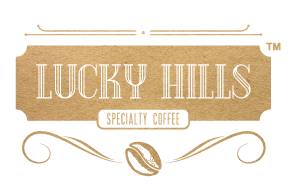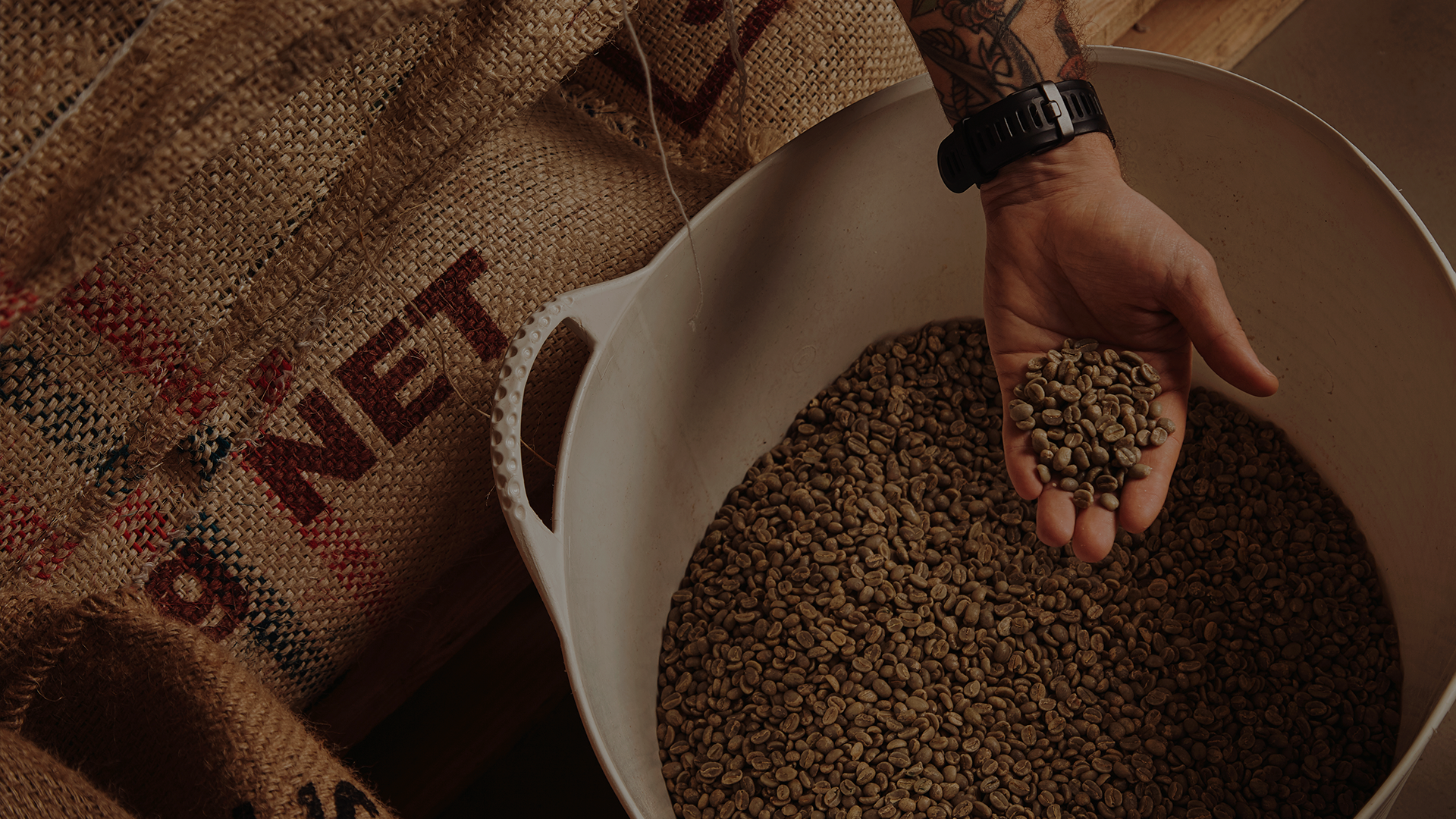Specialty coffee is a vital cog in the machine of global economy, and direct trade applied to this segment is very promising, resulting in several benefits, from farmer to consumer.
With a worldwide consumption close to 176 million 60-kilogram bags of coffee, according to a Statista research for the 2021/2022 period, the importance of this commodity is evident. However, the coffee industry, complex and full of variables, can directly affect the production and quality of the final product.
It is in this challenging scenario that direct trade emerges as a strategy that not only aims to simplify the process, but also seeks to establish closer and more transparent relationships between producers and buyers, in addition to promoting a more efficient and sustainable supply chain.
In this article, we will address what direct trade coffee is and its benefits in the production of beans. Keep reading and learn a little more about this business model successfully adopted by Lucky Hills.
What is direct trade coffee?
In short, direct trade is an approach in which producers establish direct connections with buyers, eliminating traditional intermediaries, such as exporters and importers.
That is, direct trade specialty coffee is a business model where producers sell directly to roasters or retailers – who, in this case, are the buyers – such as Lucky Hills, ensuring that each bean is traced from its origin on the farm to delivery to the final consumer. The essence of this perspective lies in the proximity between those who plant and those who consume, creating a specialty coffee journey marked by sustainability, transparency and traceability.
Besides, direct trade involves sharing risks between farmers and buyers, making the model sustainable in the long term. Thus, this practice not only changes the way specialty coffee is sold, favoring an ethical and lasting supply chain, but also strengthens the relationships between all those involved in its production and consumption.
Positive impacts on direct trade coffee production
Direct trade has several positive impacts on specialty coffee production. Check out some of them:
- Fairer prices for producers
Direct trade allows producers to receive a higher percentage of the final coffee value, as there is no need to split profits with intermediaries, contributing to fair wages for their farmers’ work and encouraging the continuity of production.
- Specialty coffee beans
Direct communication between producers and buyers in direct trade enables detailed discussions on agricultural practices, cultivation methods and processing, which leads to continuous improvement in bean quality, resulting in a high-quality specialty coffee.
- Supply chain transparency
Direct trade provides a clear view of the supply chain, enabling coffee traders to know exactly where the coffee comes from, how it was produced and who the producers involved are, thus often resulting in a single-origin coffee, such as Lucky Hills specialty coffee varieties, which align with current consumer behavior.
- Encouragement for environmental sustainability
Many direct trade agreements, like the one with Lucky Hills, include requirements and incentives for sustainable agricultural practices, which promote responsible use of natural resources, soil conservation and the adoption of eco-friendly methods in coffee production.
Read also:
What is considered a sustainable coffee?
- Community development
Direct trade, by strengthening the bonds between producers and buyers, contributes to the economic and social development of local communities, encompassing, for example, job creation, infrastructure investments and improved living conditions.
- Producer empowerment
Taking part in direct trade gives producers greater control over their operations, as they have a voice in negotiations, make decisions about production methods and can diversify their products to meet market demands.
- Innovation stimulation
Closer collaboration between producers and buyers in direct trade stimulates innovation, involving experimentation with different specialty coffee varieties, processing methods or even the implementation of more efficient technologies.
As noted, these combined positive impacts highlight how direct trade not only benefits producers by providing fairer conditions, but also contributes to a more sustainable and quality-oriented coffee industry.
The challenges of direct trade specialty coffee
It is important to highlight that, despite the benefits, direct trade coffee also brings challenges, such as scale limitations, especially for small producers, who may have difficulties accessing direct buyers due to a lack of resources or infrastructure. In addition, logistical and operational aspects, such as constant monitoring of the supply chain, can be challenging.
To get around these issues, it is crucial to look for companies that operate with direct trade specialty coffee in an ethical and committed way, such as Lucky Hills, which has a unique business model, supported by a direct connection between producers and customers, delivering an original and surprising product to customers and the entire coffee chain.
Lucky Hills’ exclusive direct trade
Lucky Hills’ exclusive direct trade business model represents a solid commitment to sustainability and traceability throughout the process.
As a committed North American company, we cultivate a long-lasting relationship with 80 Brazilian coffee farmers in Carmo da Cachoeira, in southern Minas Gerais, a renowned region for specialty coffees. And to ensure the freshness and flavor of our coffee, roasting is carried out locally, in Florida, on demand.
Therefore, if you operate in the coffee shop, restaurant or hotel business, or any establishment in the foodservice segment, and want to offer a high quality specialty coffee, while also contributing with the ethical and responsible practices present in direct trade, contact our consultants and be part of a journey that values transparency, sustainability and authenticity in every sip of coffee.



